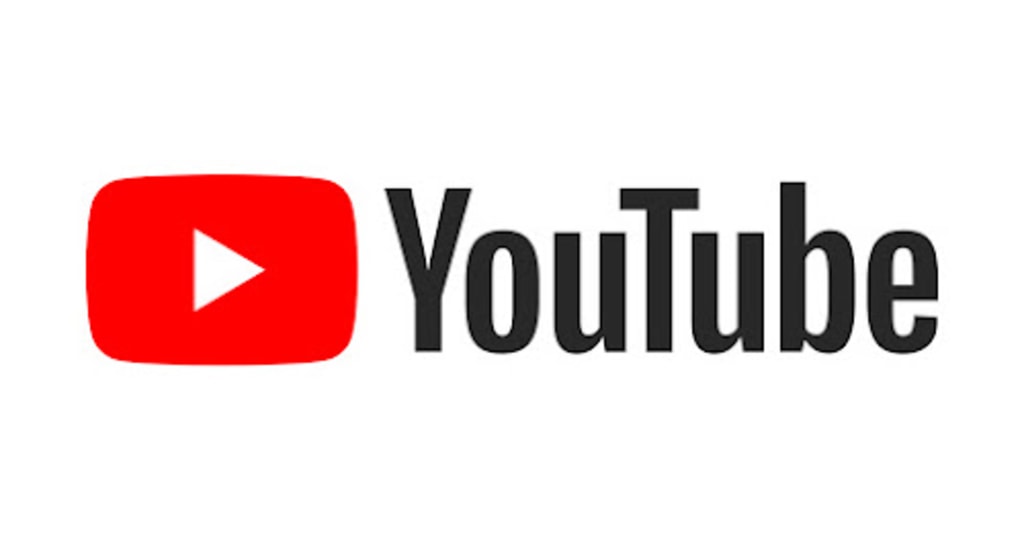
YouTube: The Ultimate Platform for Video Content
YouTube is an online video sharing platform that has revolutionized the way we consume and interact with video content. It was founded in 2005 by three former PayPal employees, and has since grown to become one of the most visited websites on the internet. In this article, we will explore the history of YouTube, its features, and its impact on the world of video content.
History of YouTube
YouTube was created by Chad Hurley, Steve Chen, and Jawed Karim in February 2005. The idea behind YouTube was simple: to create a platform where people could upload, share, and watch videos online. At the time, there were no video sharing platforms available, and the founders saw an opportunity to create something new and innovative.
The first video ever uploaded to YouTube was entitled "Me at the zoo," and it was uploaded by Jawed Karim on April 23, 2005. The video was only 18 seconds long and showed Karim standing in front of some elephants at the San Diego Zoo. Despite its simplicity, this video marked the beginning of a new era in video content creation.
Features of YouTube
Today, YouTube is much more than just a video sharing platform. It offers a wide range of features and tools that allow creators to produce, edit, and share their videos with the world. Some of the most important features of YouTube include:
Upload and sharing: YouTube allows anyone to upload and share their videos with a global audience.
Monetization: Creators can earn money from their videos through ads, sponsorships, and other revenue streams.
Search and discovery: YouTube's search algorithm helps users find the videos they are looking for, and its recommended videos feature helps them discover new content.
Analytics: Creators can use YouTube's analytics tools to track their video performance and gain insights into their audience.
Community: YouTube's community features allow users to comment on videos, subscribe to channels, and engage with other users.
Impact of YouTube
YouTube has had a significant impact on the world of video content. It has provided a platform for creators to share their content with a global audience, and has enabled the rise of new forms of content, such as vlogs, beauty tutorials, and gaming videos. YouTube has also created new opportunities for businesses to market their products and services, and has enabled the growth of new industries, such as influencer marketing.
However, YouTube has also faced criticism for its handling of controversial content, such as hate speech and misinformation. The platform has taken steps to address these issues, but there is still a long way to go to ensure that YouTube remains a safe and inclusive platform for all users.
Conclusion
YouTube is a platform that has changed the way we consume and interact with video content. It has enabled new forms of content creation, provided opportunities for businesses and individuals, and created a global community of users. While it has faced its fair share of challenges, YouTube remains an essential platform for anyone looking to create or consume video content.
Restriction
Restriction refers to a limitation or control placed on something, often with the intention of regulating or managing its use or access. Restrictions can take many forms, such as legal or policy-based constraints, physical barriers, or technological blocks.
In many contexts, restrictions are necessary to ensure the safety and security of individuals or groups. For example, traffic laws and regulations restrict the speed and movement of vehicles to prevent accidents and maintain order on the roads. Similarly, age restrictions are often placed on the purchase and consumption of alcohol and tobacco to protect minors from harm.
In the digital world, restrictions are often used to prevent the spread of harmful or inappropriate content. Social media platforms, for example, may use content moderation policies to restrict the posting of violent or abusive material. Similarly, websites may use age verification tools to restrict access to adult content.
While restrictions can serve a valuable purpose, they can also be a source of controversy and debate. Some argue that overly restrictive policies can limit individual freedoms and stifle creativity, while others maintain that restrictions are necessary to maintain social order and protect public safety.
In any case, it is important to carefully consider the implications of any restrictions that are put in place and to weigh the potential benefits against the potential drawbacks. Effective management of restrictions requires a balance between the needs and interests of different stakeholders, as well as a commitment to ongoing monitoring and evaluation to ensure that the restrictions are achieving their intended goals.
About the Creator
Masuoodh
Content creator for future world
Enjoyed the story? Support the Creator.
Subscribe for free to receive all their stories in your feed. You could also pledge your support or give them a one-off tip, letting them know you appreciate their work.






Comments
There are no comments for this story
Be the first to respond and start the conversation.